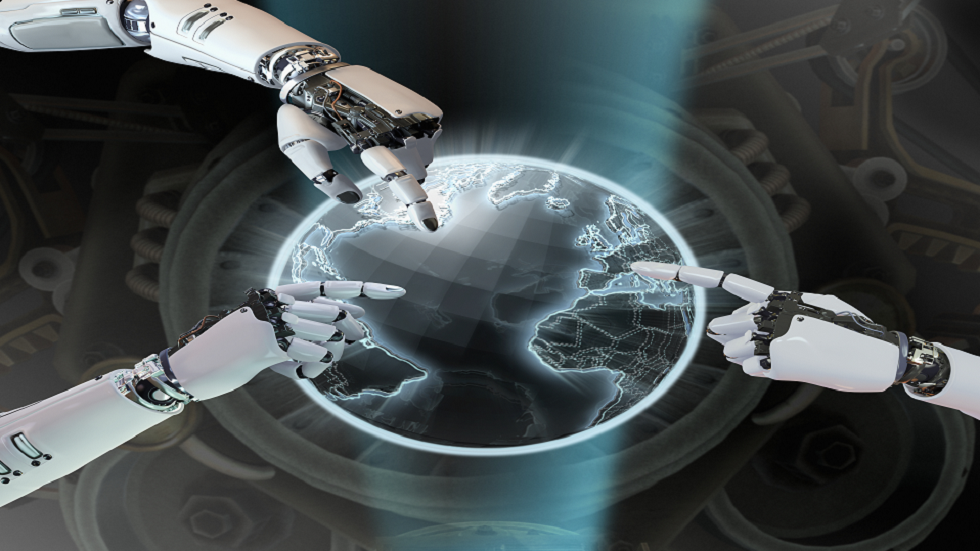Table Of Contents
In recent times, technology has seen significant advancements, especially in the fields of robots and artificial intelligence, where robots have notably evolved and increased their ability to interact and learn. Additionally, artificial intelligence has become capable of executing complex tasks more efficiently and effectively.
Robots
Robots are used in industries, medicine, science, and entertainment. They rely on specific programming to carry out tasks they are designed for, and they distinguish themselves with their ability to make autonomous decisions and interact with their surroundings. Technological advancements in the field of robots are among the most prominent future innovations that will have a significant impact on human life.
Robots are widely used in manufacturing to perform various tasks such as packaging. They are also utilized in a diverse range of services like healthcare, cleaning, and hospitality. Additionally, they are used in research and development to perform tasks like scientific experiments.
Artificial Intelligence
Artificial intelligence is defined as a branch of computer science aimed at developing systems capable of thinking and learning in a way similar to humans. Artificial intelligence techniques can be used in a variety of applications, including:
Computer vision: Artificial intelligence can be used to process images and videos, such as facial recognition or object recognition.
Natural language processing: Artificial intelligence can be used to process language, such as language translation or text generation.
Machine learning: Artificial intelligence can be used to train machines to perform tasks, such as classification.
It is expected for the evolution of robots and artificial intelligence to continue in the coming years, as robots’ intelligence and capabilities will increase for performing more complex tasks. Moreover, artificial intelligence is expected to enhance its power and ability to solve complex tasks.
The progress in robotics and artificial intelligence can have a profound impact on the world, potentially changing our way of living and working. For instance, it could lead to the emergence of new jobs and enhance efficiency in various industries.
Nevertheless, concerns are also raised about the impact of robots and artificial intelligence, which could lead to job losses and create new ethical challenges.
It is essential for us to fully understand the potential benefits and risks of the development of robots and artificial intelligence. We must devise plans to ensure the responsible and ethical use of these technologies.
Benefits of Robots and Artificial Intelligence
Robots and artificial intelligence can increase efficiency in various fields. For example, robots can assist in manufacturing products faster and more accurately. Furthermore, robots and artificial intelligence can enhance safety in diverse areas, such as using robots in hazardous and strenuous tasks to protect workers. Moreover, the advancement of robots and artificial intelligence may lead to the creation of new job opportunities, requiring engineers and technicians to design and maintain robots. However, there are potential risks associated with robots and artificial intelligence.
Robots and artificial intelligence may pose some risks, including:
The development of robots and artificial intelligence may lead to job displacements in some sectors; for instance, robots could replace workers in certain manufacturing jobs. Additionally, robots and artificial intelligence may raise new ethical challenges, as concerns arise about the possibility of using robots for military or security purposes.
Robots and artificial intelligence are promising technologies with the potential to bring fundamental changes to our world. It is crucial that we are aware of the significant possibilities and potential risks of these technologies.


